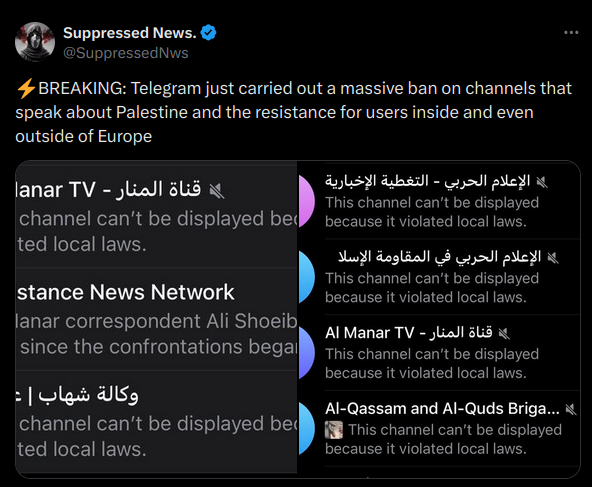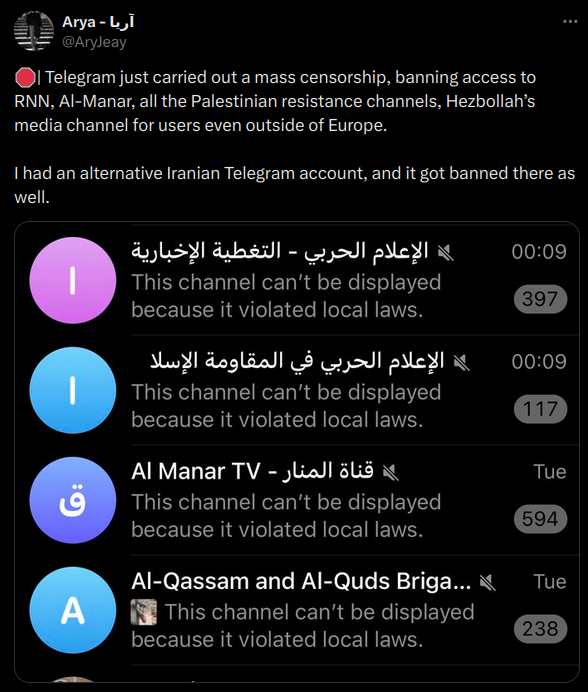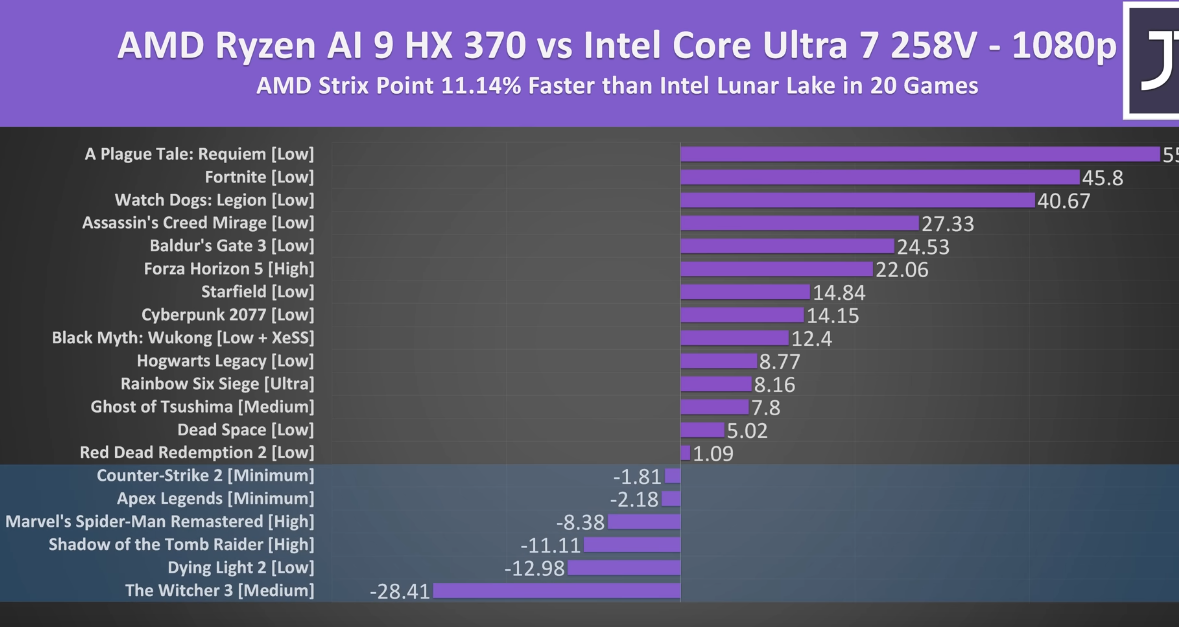Nvidia already has Jetson boards, why are they doing another thing with Mediatek?
Linkerbaan
If I had to guess it's meant to evoke relatability for Googlers.
I liked it because it highlights the comfortable world of the people abetting in the Genocide, in contrast to those suffering from it.
There is a lot to gain for those who do not suffer from morals.
Depends if they are ideologically driven or just replaceable puppets. Most are of the second kind.
Israel would love to have some martyrs offered for their cause to whine about.
I recall an article about an Amazon employee going mad about his working conditions and shooting other workers in the warehouse. Don't think he directed his anger correctly.
Censorship and privacy are closely linked but you are right they are different subjects. Telegram blocking access to certain channels based on region overlaps into privacy territory for me but people are free to down vote the post if they disagree.
The article is a month old but many users are reporting on new bans since yesterday.


Depends on how many people are willing to take a stand simultaneously and how replaceable they are.
Similar to a union strike if enough people stop working the employer has no option but to cave in to the demands.
But the initial wave is usually the one meeting the most resistance when most people in a group aren't even open to an idea. It takes brave people who are willing to take the initial stand when it's still uncomfortable to do so.
Just checked the new release, you're right it's looking pretty good. The AMD variant is still ~11% ahead in many games but it's certainly much much closer than before. https://www.youtube.com/watch?v=IZkSoXPNBpA

Aren't the best handhelds using AMD iGPU's? The MSI Claw didn't exactly leave a great mark. The new Radeon 890m looks pretty killer for its power efficiency.
Intel is lagging behind AMD and NVidia with no sign of catching up. Meanwhile NVIDIA has a monopoly on AI.
It's no wonder NVIDIA is worth far more now.
Conspiracies like flat earth are put in the spotlight to make real conspiracies look stupid.
People upload whole MasterChef seasons on Youtube. Legit






Do you condemn WordpressEngine?!